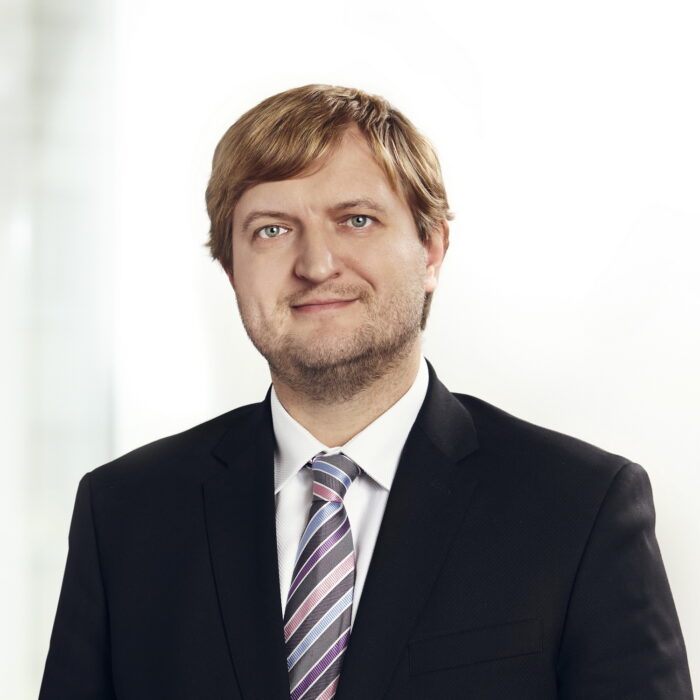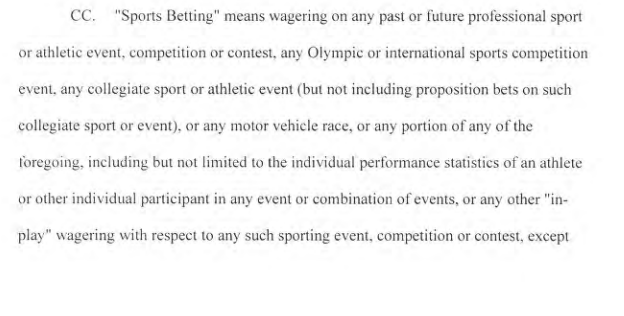A bill has been introduced in the Estonian parliament to reduce the gambling tax, specifically targeting remote gambling operators and online casinos. The aim is to position Estonia as having the most competitive tax environment in Europe, encouraging gambling companies from across the continent to establish operations there.
The proposal has not yet become law, but was approved by the government on 31 October, sparking a lively debate in Estonia. Proponents view it as a smart, innovative initiative that could significantly increase tax income, with the government intending to use these funds to support culture and sports. Conversely, critics caution that Estonia might turn into a “gambling haven”, where criminal organisations could use online casinos for money laundering.
Estonia’s gambling laws and tax rates have remained mostly unchanged over the past 15 years. During the pandemic, online casinos gained popularity, leading to the government to gradually increase the gambling tax. However, this higher tax did not generate significant additional revenue, as heavy taxation made Estonia less attractive to gambling operators.
The government is now reversing its position by planning to lower the gambling tax. The new bill proposes gradually reducing the remote gambling tax by 0.5 percentage points annually, eventually reaching 4% in 2029. This strategy aims to attract more international operators and boost tax revenue. Additionally, the bill recommends implementing stricter oversight to ensure operators adhere to higher standards.
Optimistic projections
According to one of the bill’s supporters, Tanel Tein, an MP for the liberal party Eesti 200, the reduction could generate an estimated €60m to €100m in tax revenue for Estonia over the next few years. Currently, Estonia collects about €22m annually from the remote gambling tax.
Tein bases his projections on a report by the Estonian Centre for Development, which in turn relies on assessments from industry stakeholders. The report’s “optimistic scenario” estimates that tax revenue could reach as high as €95m within three years, mainly by attracting companies currently operating under Maltese and Curaçao licences.
Estonia’s advantages include a reliable and flexible licensing system, digital administration and an uncomplicated tax framework. Although the development centre’s report suggests a growth-driven outlook, the Ministry of Finance anticipates a more gradual increase, estimating gambling tax revenues will reach approximately €29m by 2029. These additional funds could finance cultural and sports initiatives nationwide.
Risks and concerns
Critics warn that inviting gambling operators to relocate to Estonia could harm the country’s reputation. Online casinos have sometimes been linked with international money laundering schemes, and cryptocurrency transactions make it more challenging to track illicit funds.
A country presenting itself as a clean, Nordic-style economy could damage its image by embracing the global gambling industry. There are also concerns about a “race to the bottom”, as other European nations might reduce their own taxes in response. Furthermore, Estonia’s already burdened legal system could face additional strain from potential money laundering cases.
Proponents counter that Estonia will uphold high regulatory standards. Operators must establish local entities and pass rigorous compliance checks before being granted a licence.
One issue may also be that simply having more favourable tax conditions is not enough to attract gambling operators to Estonia. The reason so many operators have based their headquarters in Malta is that the country’s laws protect them from the laws of other European Union member states.
Malta’s gambling law was amended in 2023, under which Maltese courts can refuse to recognise and enforce any foreign court judgment concerning gambling companies registered on the island. This level of protection is something Estonia certainly cannot offer, so operators must consider whether they prefer lower taxes or the ability to avoid complying with specific legal claims.
Unfortunately, the state of gambling sites is such that illegal online casinos take up 70% of the European Union market. In Estonia, the share of such illegal businesses is estimated to be 49% of the market.
The proposed reform has caused division within Estonian society. Its success hinges on the responses of gambling operators and other nations. Currently, the long-term implications remain uncertain; however, the discourse regarding Estonia’s potential to become Europe’s most gambling-friendly nation is merely commencing.

Egon Talur oversees the Cobalt’s tax and IP/IT practices and has over 20 years of legal experience.

Karli Kütt specialises in advising clients on tax litigation and related issues, including VAT, excise duties and customs duties.
The post Estonia’s strategy to emerge as a new igaming hub first appeared on EGR Intel.

.png) 7 hours ago
33
7 hours ago
33



















